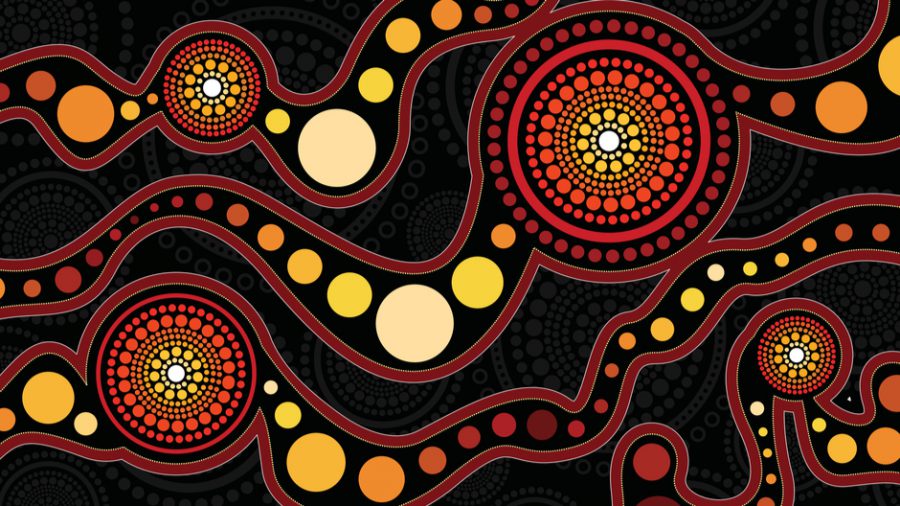
As we observed NAIDOC Week in November, many RVTS registrars and staff used the opportunity to attend (mainly online) events to celebrate the history, culture and achievements of Aboriginal and Torres Strait Islander peoples. RVTS Acknowledges the traditional custodians of the lands and seas on which we live and work, and pays respect to elders: past, present and future. Events during NAIDOC week remind us about our commitment to consider a First Nation perspective in all training activities at RVTS.
As you may be aware, according to the strategic plan of RVTS, the purpose of RVTS is to improve Australian health by training and retaining medical practitioners working in Rural, Remote and First Nation communities by facilitating access to medical education and training in circumstances where it may otherwise not be possible, providing flexibility and innovation in meeting the medical training needs of diverse communities, and, as mentioned, to considers a First Nation perspective in everything we do.
Since 2014, RVTS has had an annual intake of up to 10 doctors in the AMS stream: registrars working in Aboriginal Community Controlled Health Services (ACCHSs). The extension is supported by the National Aboriginal Community Controlled Health Organisation (NACCHO), and has enriched RVTS from its inception. The wisdom and experience of registrars and supervisors working in ACCHSs has been shared with other RVTS registrars, and has led to deeper learning and understanding for all RVTS registrars.
Registrars in the AMS Stream recently attended a webinar with Dr Louis Peachey, a pioneer Aboriginal rural generalist and anaesthetist, and Prof. Marlene Drysdale, the RVTS Cultural Educator, discussing “Cross Cultural Medicine – Not as difficult as you think”.
You can listen to some of the conversation below:
As we near the end of a very challenging year, the discussion highlights that our patients, regardless of their cultural background, require and deserve to be treated with dignity, respect and with compassion. If we as GPs can make that human to human connection while leading patients through tough times, we can contribute to improved health outcomes.




